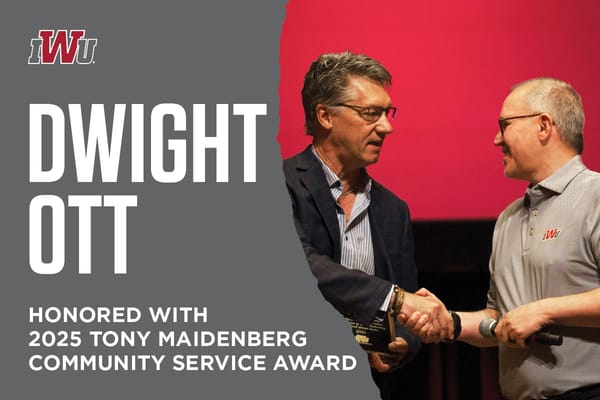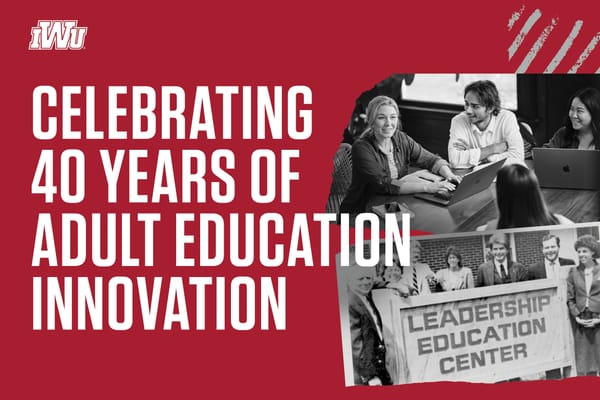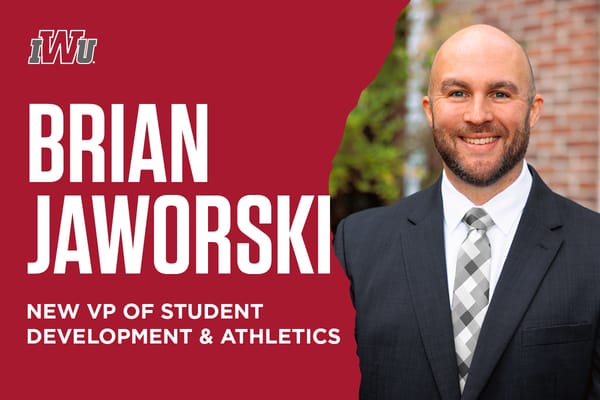Francis Mustapha: Educator, Builder, and Servant of Christ
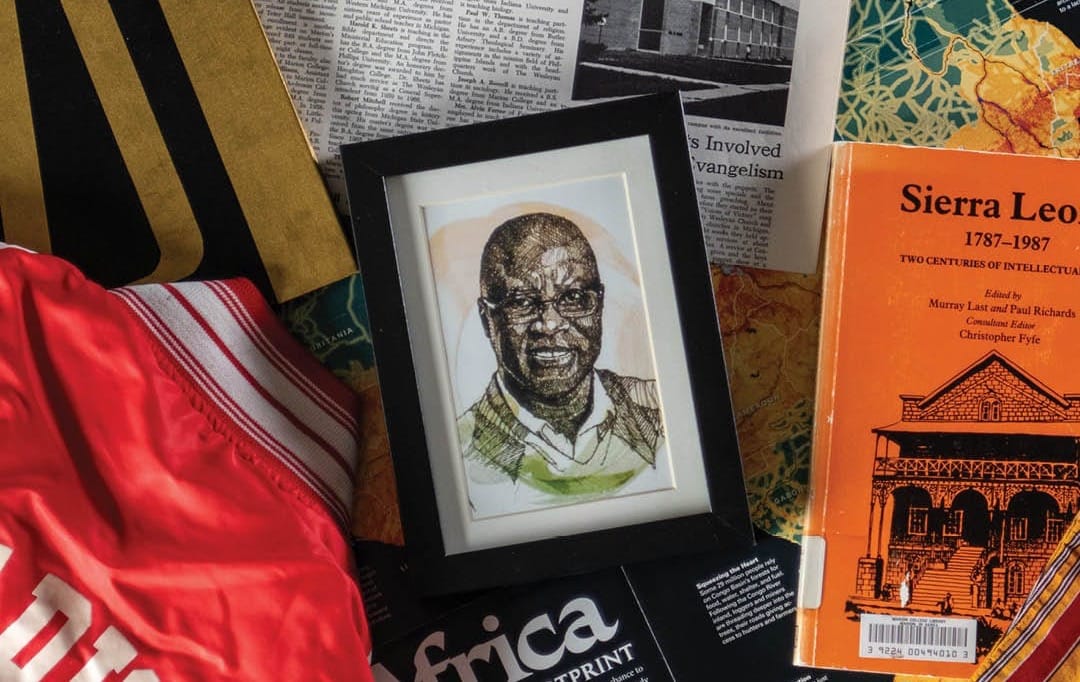
Born on May 15, 1948, in a small village in Sierra Leone, Francis Kemba Mustapha was the eighth child in his family and one of two twins. Due to sickness, however, Francis was the only one of the eight to survive past the age of five. Indeed, Francis himself was expected to die as well, but his father, hearing of an educated nurse who had established a clinic twenty miles away, took his last living child to see her, saying, “We have heard that you have been educated. Here, prove it.”
Primary School in Madina
Looking back on this event, Francis noted that this encounter with an educated nurse saved his life. While his hometown of Madina did not have any schools, Francis still attended a Christian elementary school—which was twenty miles away, and later a Christian secondary school—which was forty miles away.
Through hard work and dedication, Francis was able to graduate at the top of his class, but this was still not enough to receive funding to go to college due to corruption in the government of the area. While Sierra Leone had always been Francis’ home and while he loved it a great deal, this was the first of many instances wherein the systemic issues in the country’s government would become evident to him.
Luckily, Francis’ high school biology teacher, Professor Tom Davidson, had taught at Marion College when he lived in the United States. Recognizing Francis’ potential and the limitations of what was available to him, Professor Davidson bought Francis a ticket to the United States and helped him to enroll at Marion College.

Time at Marion College
Throughout college, Francis worked in factories and at on-campus student jobs as a way to help pay for his education. He lived with Professor Margarey Hodson during breaks, whom he later described as a maternal figure to him.
Francis’ time at Marion College was one defined by the same hard-work and dedication he exercised as a student in Sierra Leone. The value he had always placed on close relationships with people was also something that continued to serve him well during this time. While enrolled he took part in tennis, soccer, and track. Before he finished his education at Marion College, Francis met Bobbie, an elementary education major, and their relationship began to blossom.
In 1972, Francis graduated from Marion College with a B.A. in biology—something he largely credits to Professor Davidson's involvement in his life. This was then followed by additional degrees in higher education over the following few years, as Francis got both his M.A. in botany and Ed.S. from Indiana University.
America, Liberia, and Sierra Leone
In 1976, Francis and Bobbie married, starting the rest of their lives together. For a while the Mustaphas worked in U.S. schools, but eventually their love of missions and education led to them moving to West Africa—specifically Liberia, where Francis taught at a college while Bobbie worked at the international elementary school connected to it.
Three years later, in 1979, they moved again, this time back to Francis’ home country of Sierra Leone. The following year the Mustaphas welcomed their first child—Timothy Koiva Mustapha—into the world. While in Sierra Leone, the Mustaphas taught in two teacher training schools until the country’s economic and political situations grew too dangerous for their family to stay there safely. Sierra Leone police were often dangerous, local government was either corrupt or powerless, political power was constantly being fought over, and while open warfare had not broken out, conflict was brewing just under the surface. While Sierra Leone was Francis’ home and he loved it dearly, the desire to protect his family led him to making the difficult choice to move back to the United States.
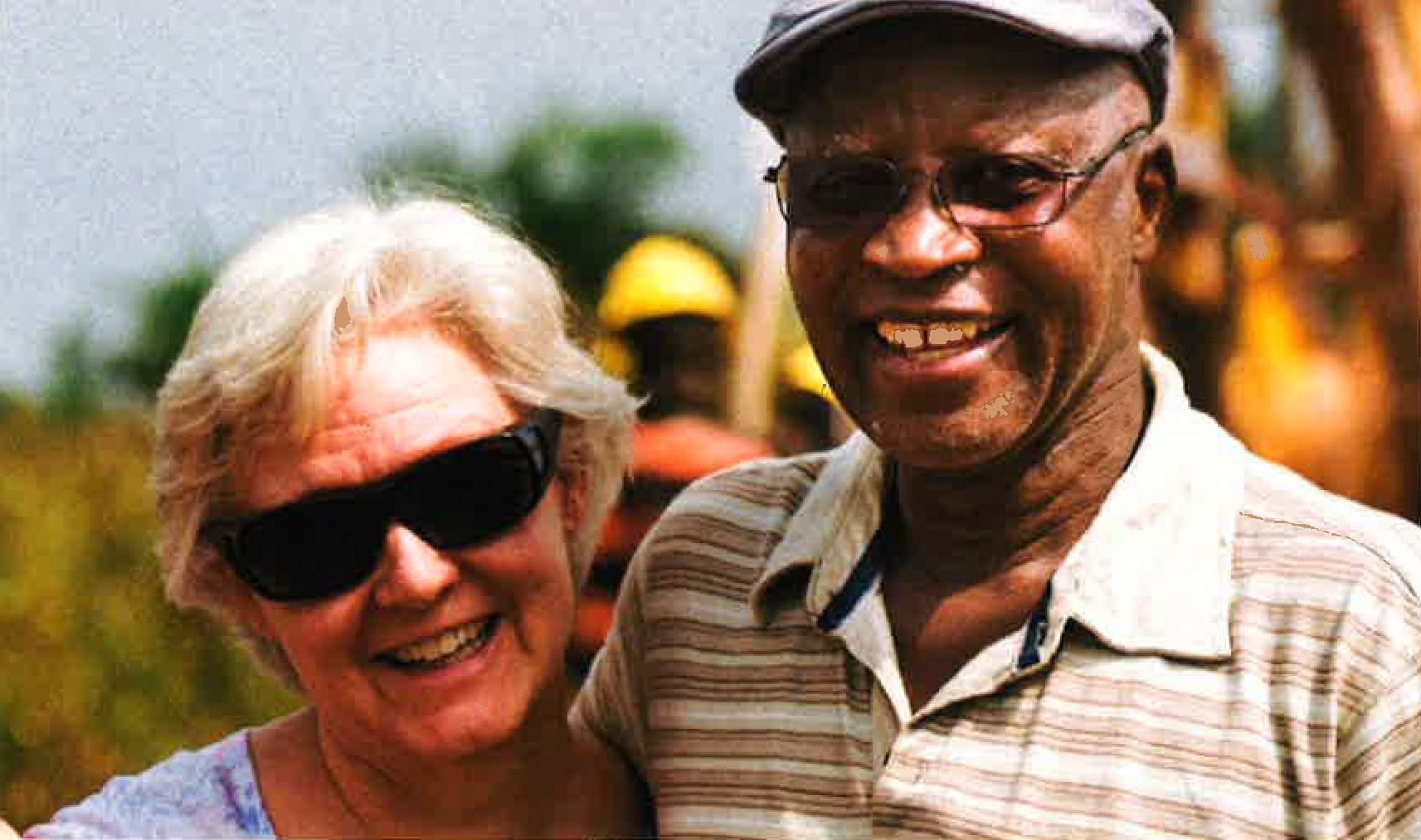
Sierra Leone's Civil War From Afar
After returning to the United States in 1983, Francis began to teach biology at community schools in Fort Wayne, working at South Side High School. The following year, in 1984, Francis and Bobbie had their second child—Elizabeth Abi. Francis would continue to teach at South Side while he and Bobbie raised their children for the next several years.
In 1991, the conflict that had steadily been brewing over the past few years finally erupted into civil war. Sierra Leone's Civil War would go on to last for over a decade, destroying over 1,270 elementary schools, hundreds of high schools, two universities, most of the country’s hospitals, and the training institution the Mustaphas had worked at. The following year, in 1992, the Mustaphas had their third child—Patti Suzanna.
Teacher of the Year and the Sierra Leone Armed Forces
Although returning to the United States had not at all been the Mustaphas’ plan, God still used them within this new context to bless the students of Indiana. In 1994, Francis was named Indiana Teacher of the Year, inducted into the National Teachers Hall of Fame, and given the Milken National Educator Award. Francis attempted to use the money he received from his awards to finally build a school in his hometown of Madina, but due to the ongoing nature of the war there, the money ended up having to go towards basic necessities instead.
The following year, Francis took a One Year Sabbatical Study in Education, before returning to education as a biology teacher at Snider High School in Fort Wayne. Across the world, the war left Madina completely destroyed. Disheartened and grieving, Francis gave up on his dream of bringing better education to Madina for the time being.
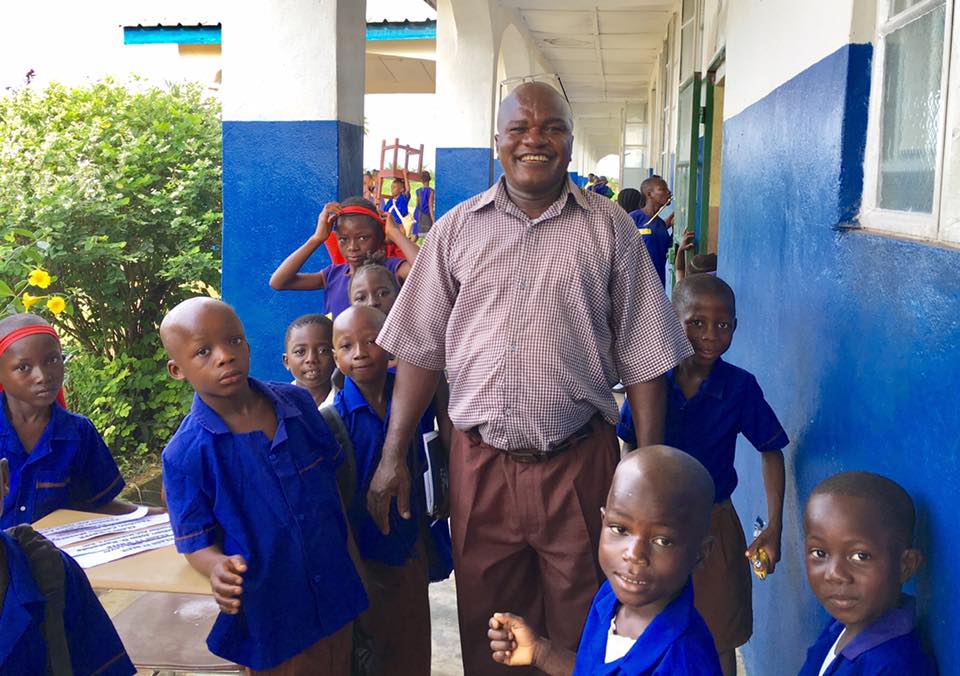
Bringing Education to Sierra Leone
Over the course of the following sixteen years, Francis and Bobbie continued to work in Fort Wayne’s education system, before eventually retiring in 2011. Using their life savings and the donations of others, the Mustaphas dedicated both time and money to building two schools in Sierra Leone, although the schools would not be built at the same time. While the country's civil war had left a sizable impact on both urban and rural areas, the intervening time had allowed healing to begin across the nation, including in Madina.
The first school was built in several phases as resources came in, with Francis being amazed at God’s provision. Francis considered his own contribution to the project as being comparable to that of the child with two fish and five loaves of bread—what he gave to God had been multiplied beyond his wildest hopes and dreams. The school building was constructed over the course of two years.
At the end of construction, in 2013, Madina Village School opened, with Bobbie coming to Madina to help organize the classrooms and pre-register students ahead of time. Before long, the school grew to nearly four hundred students with thirteen different teachers, and yet when the school opened there were still more than two hundred children who could not attend due to the drastic need for education in the area. Few other schools existed and most schools that did exist in the area—whether public schools or private—lacked the necessary resources that proper formal schooling required.
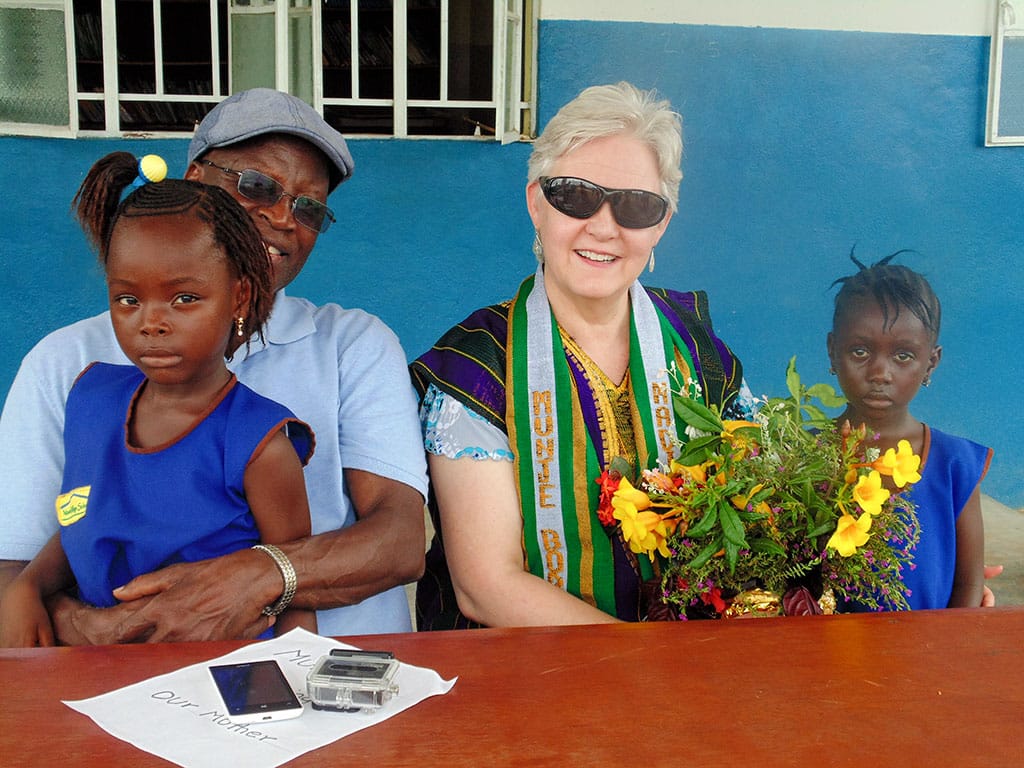
Madina Village School
While the Mustaphas still lived in Indiana, travel between there and Sierra Leone began to become somewhat frequent. Throughout the first year, Madina Village School ran programs for pre-K through third grade with students from five different villages in its classes.
Unfortunately, the 2014 Ebola outbreak closed schools across the country, including Madina Village School during its second academic year. Even so, the teachers and school nurse held educational seminars on Ebola for the community so that they could be as informed as possible.
Thankfully, upon reopening, the school flourished and classes up through high school were added, drastically expanding their educational offerings.
Recognition
On March 25, 2015, Francis was given the IWU Alumni World Changers Award in recognition of all he accomplished. Over the following few years, a health clinic and new well were both constructed in Madina, providing essential medical care and clean water.
To this day, Francis and Bobbie Mustapha still work to ensure Madina Village School is everything it can be, using God’s gifts and their talents to spread life-changing education to hundreds of children in Francis' hometown and its surrounding areas each year.
As a child, Francis walked twenty-to-forty miles just to be educated at a decent school - now, because of him, the children of Madina have a school practically in their backyards.



